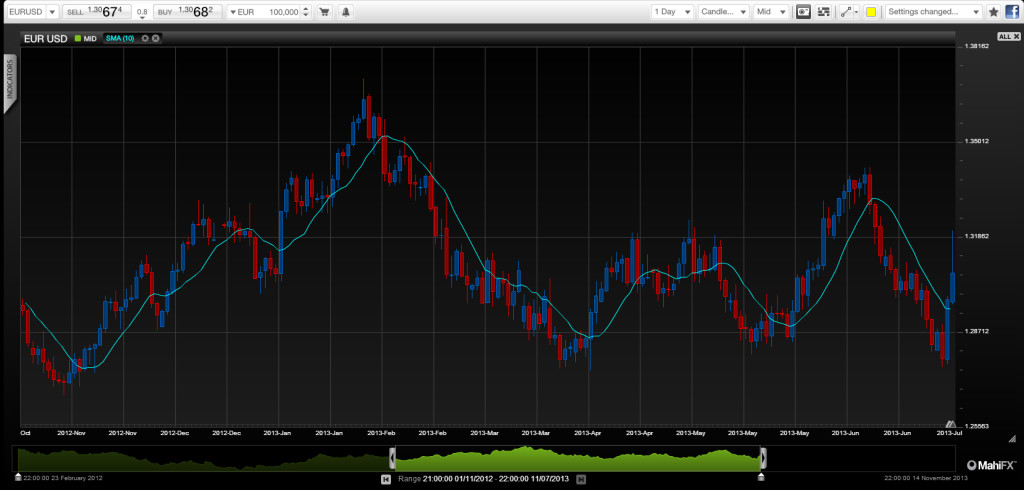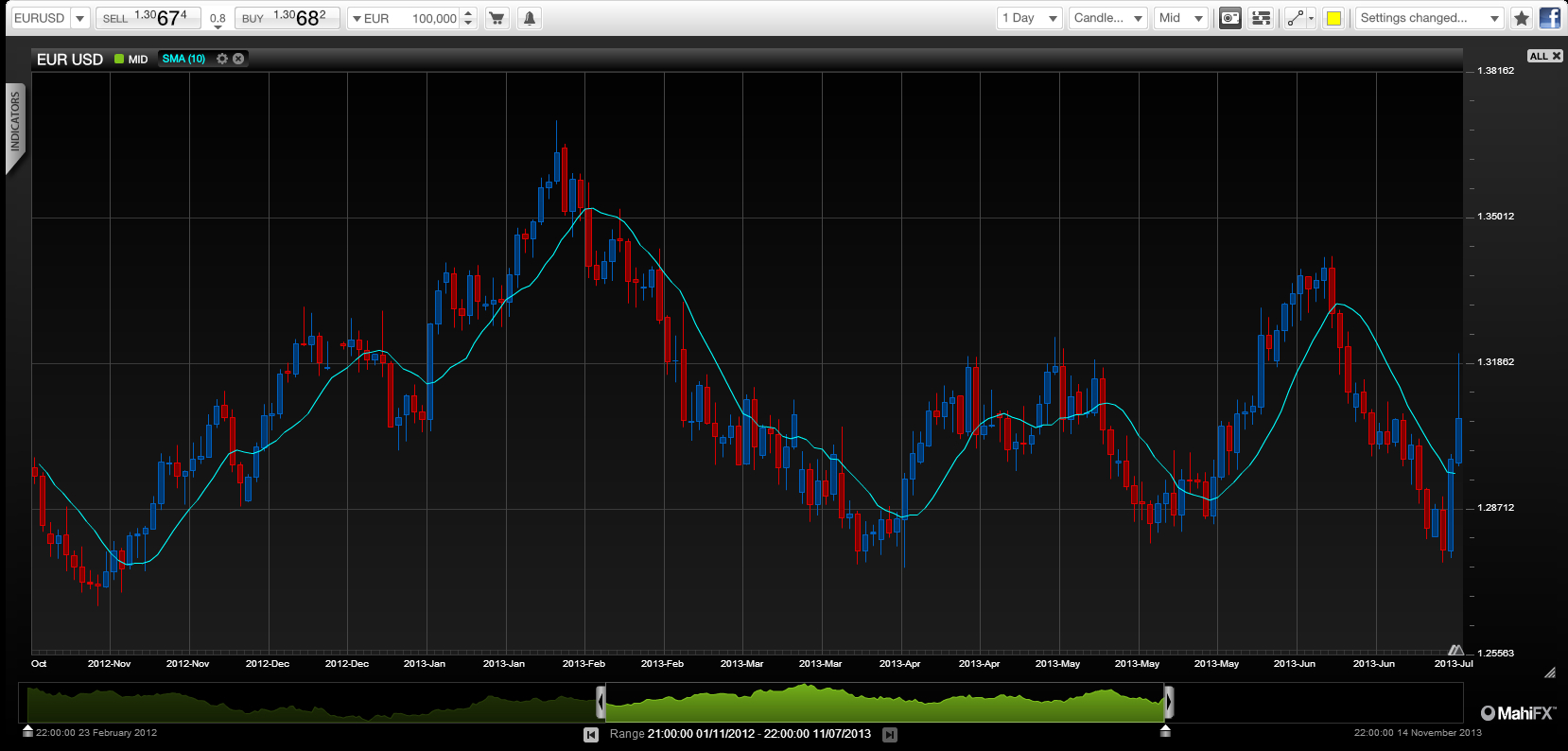Financial stability, economic growth and jobs creation are likely to be top of the agenda at the G20 summit in Moscow and any commitment to closer global coordination over economic and monetary policies could prove bullish for commodity and risk currencies.
This week’s G20 gathering of finance ministers and central bankers (though US Fed chairman Ben Bernanke is not attending) is taking place amid an increasingly complex economic tapestry. The US Federal Reserve clearly wants to rein in its $85 billion a month bond purchasing programme, while Japan is committed to a course of shock monetary and fiscal stimulus therapy.
By Justin Pugsley, Markets Analyst MahiFX – Follow MahiFX on twitter at: https://twitter.com/MahiFX
In the meantime, China wants to purge speculative excesses and curb its shadow banking system, which could result in a recession in the world’s second largest economy. As for the Eurozone, much of it remains locked in a depression.
Testimony on Wednesday from Bernanke probably did much to set the tone of the summit. This time he provided much greater clarity to the markets over the trajectory of its quantitative easing programme. He effectively said that it would be dictated by the needs of the economy and that there was “no pre-set course” In other words, the jobs and inflation data would do the talking.
AUD/USD – A good barometer for commodity currencies

However, Bernanke did express concern over financial stability, namely that cheap money can fuel dangerous speculative excesses. This might be the real reason for the Fed’s desire to phase out quantitative easing and is hoping the economy is strong enough to absorb the rise in ‘real’ interest rates that are resulting from this stance.
The Eurozone is likely to come under pressure to reverse its austerity programmes a move which Germany has strongly resisted until now. However, Germany’s own economy is beginning to flag reflecting in part China’s slowdown and possibly greater competition from cheaper Japanese exports following JPY’s devaluation. Given this backdrop, Germany might become more amenable to fiscal stimulus programmes and to more aggressive monetary stimulus from the European Central Bank.
The market will also carefully monitor what the Chinese delegation says and will look for soothing words to suggest their economy will carry on growing despite the speculative purges.
A strong global commitment to economic growth and jobs creation from the G20 with a Fed that is even prepared to up its bond purchases if necessary should set the scene for a rally in currencies such as the AUD, NZD, CAD and GBP versus USD. It would also be supportive of gold in the short-term, but probably wouldn’t trigger a rally as it appears locked in a bear market for the time being.
